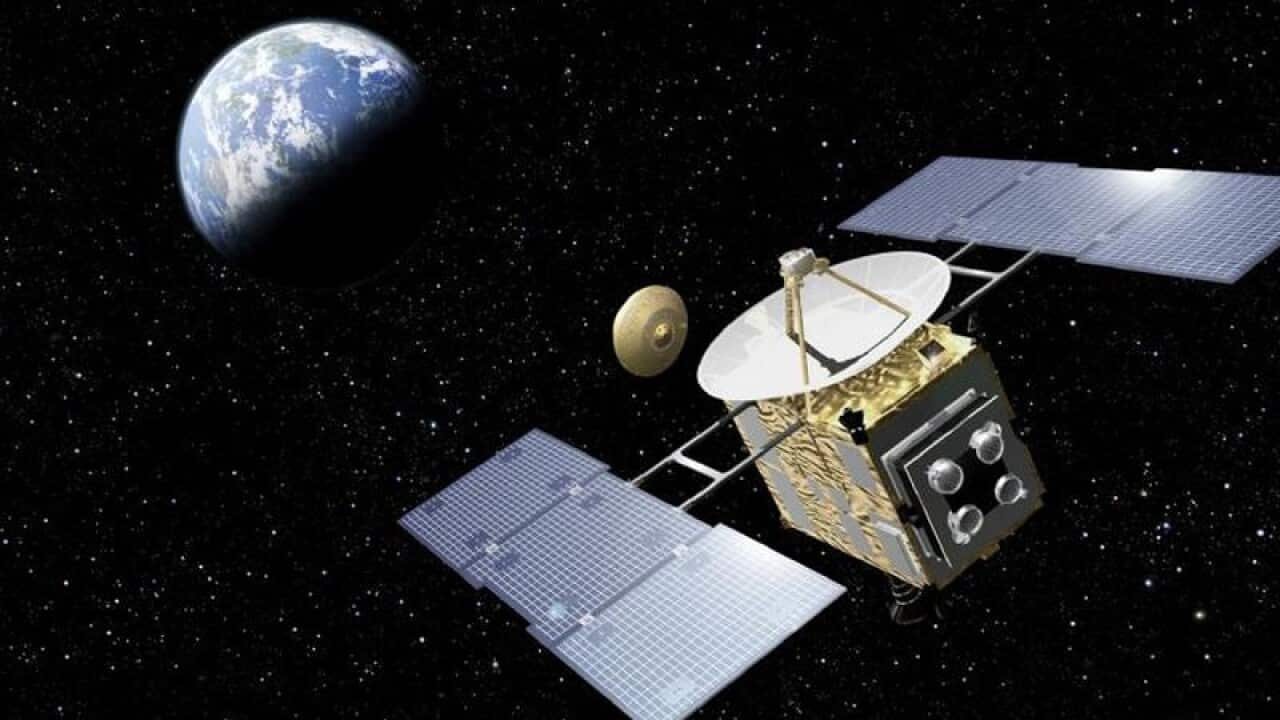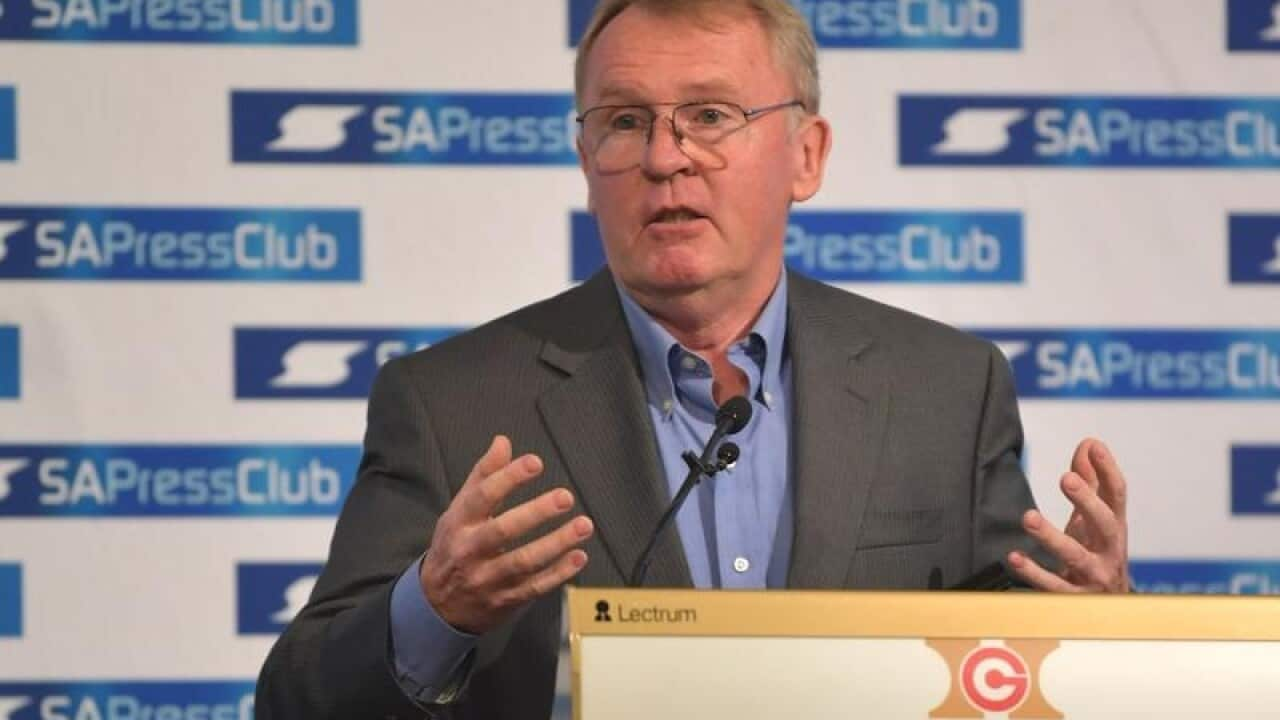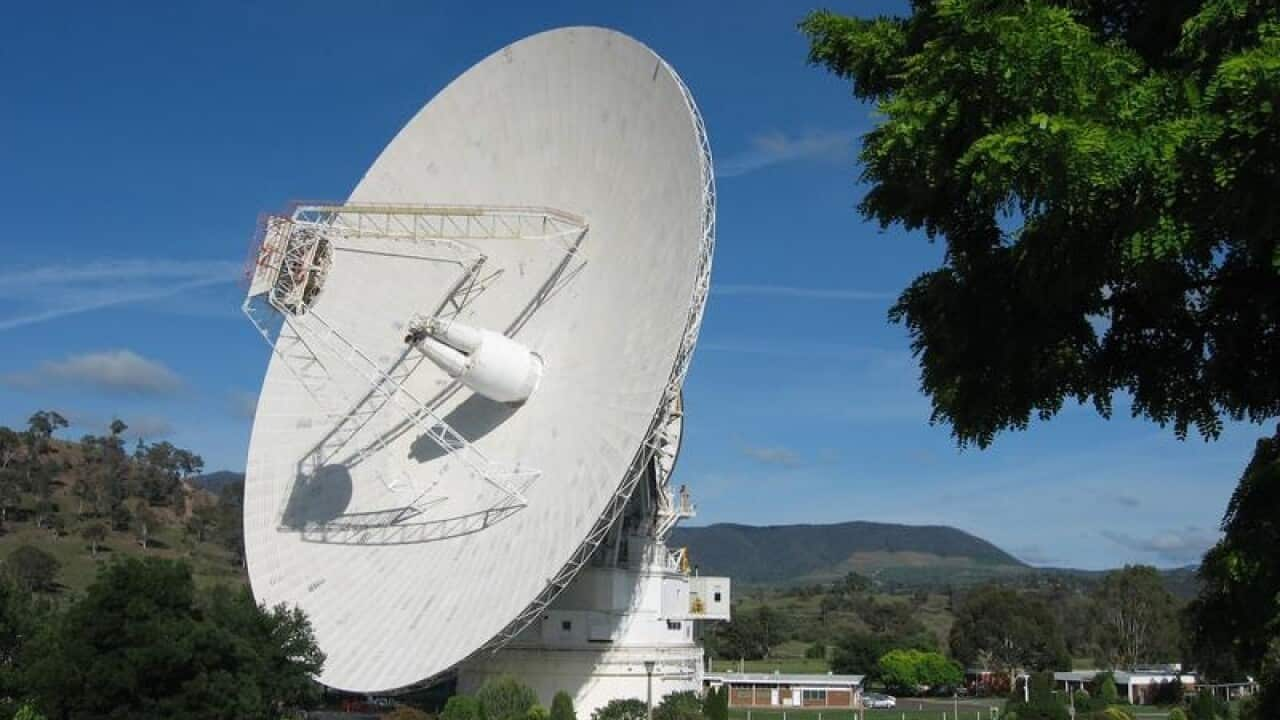Australia should launch its own satellites to take control of its space data and potentially create a valuable export industry in the process, a leading space and aeronautic engineer says.
Aude Vignelles says the data which people use every day is provided by international satellites at a cost of about $3 billion a year.
"Any data that Australia uses to function on a day-to-day basis is coming from an overseas entity," Ms Vignelles says.
Given so many things we take for granted rely on information from satellites orbiting the earth it's no small matter that none of it comes from Australian-controlled sources, she says.
Without this data there would be no smartphones, no internet, no movie streaming for instance, and no GPS navigation systems and Google maps.
Weather forecasting would be considerably limited while the finance and banking sector would be significantly impacted.
Ms Vignelles says the situation can and should be remedied, first by determining what companies and other organisations buy and what their requirements are.
"To me, when you gather all this, you have a business case to launch an Australian geo-stationary satellite," she said.
"And you have something that is owned and operated by an Australian entity."
It could also become a valuable export earner.
The country with a satellite that covers Australia is also capable of providing data to other countries throughout southeast Asia, and as far away as Japan and China.
"So there is a market of about two billion people around us that we could serve," Ms Vignelles said.
"We could take control of this market."
Her comments come on the eve of the 68th International Astronautical Congress in Adelaide which will also explore the value of the global space industry, currently estimated at $330 billion.
The industry is steadily moving from being predominantly government funded to more commercial models with start-up companies across the world looking to exploit opportunities.
It is here, Ms Vignelles believes, Australia could also play a role, with local companies building so-called micro-satellites with much shorter lifespans of around two years.
"I'm very pragmatic, I'm looking at the trends in space, the issues and trying to see if Australia can fill that gap," she said.











